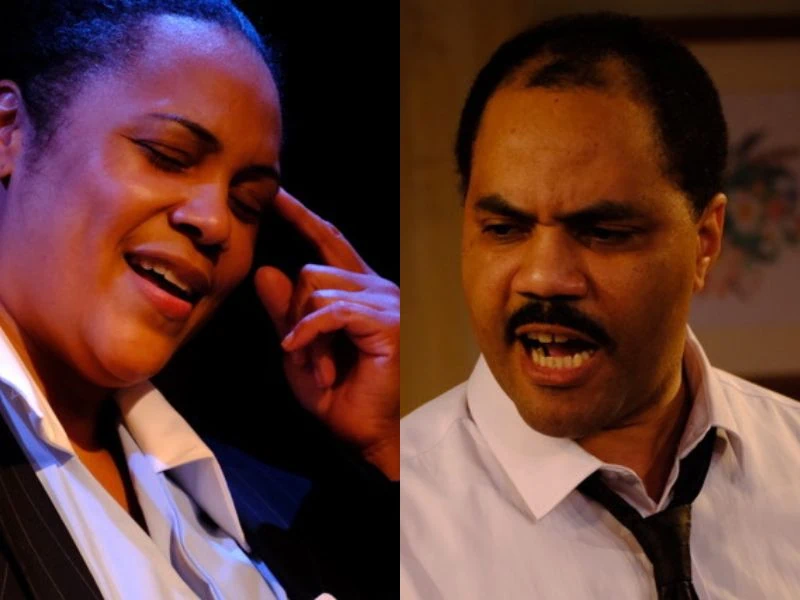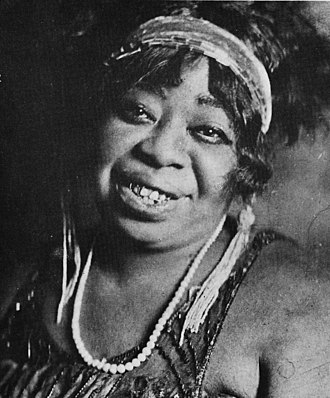By Daarel Burnette II
This article was originally published in DC Theater Arts here.
What resonates most about Greenbelt Arts Center’s rewarding twist of the play The Mountaintop is the way Director Rikki Howie Lacewell and her crew deftly deploy sound, props, and lighting to place, humanize and deify Martin Luther King Jr., masterfully played by Ryan Willis, on the day before he was assassinated.
In one scene, King, conspiratorial, frustrated with the direction of his movement, and visibly exhausted, twists the receiver of the black rotary phone situated in his Lorraine Motel room to assure that the FBI is not spying on him. He then dashes off into the bathroom where we hear for 15 seconds the sound of him ranting and urinating before stumbling back to his desk where he manages to sketch out the outlines of the Poor People’s Campaign in less than two minutes.
In another particularly emotional scene, sound designer Jim Adams ramps up the noise of a Memphis thunderstorm: whooshing wind, splattering raindrops, and ear-splitting cracks of lighting, which sends King’s heart racing: he’s not scared of the KKK or the American government or God (who’s here cast as a woman). But, it turns out, he’s petrified of lightning.
The whole of Black American history can be so depressing, violent, and overwhelming for its consumers that playwrights are prone to sum its parts up into more palatable, usually uplifting stories about heroes and villains. This focus on the extremities drains civil rights leaders of their fallibilities, distorts our mainstream understanding of how average Black and white people navigate the bizarre nature of America’s caste system, and, outside the theater, has us all on the constant lookout for the next magical hero who will fight today’s perceived villain.
The Mountaintop, which was written by Katori Hall and debuted in 2009, interrupts this narrative.
On the evening of April 3, 1968, King is serviced at the Loraine Motel by Camae (Lydia West), an attractive maid with a bottle of whiskey and a pack of cigarettes stuffed in her bra, a sketchy past, and unusual ideas on what Black civil rights looks like.
Camae, it’s revealed partway through the 90-minute play, is an angel of death, and King begins to contemplate through a series of monologues what Black folks will do without him leading the movement.
It’s clear from the opening lines of the play that Director Lacewell, who also designed the set, spent an inordinate amount of time during rehearsals paying attention to detail.
Willis’ southern drawl, which he impressively maintains throughout, is eerily similar to King’s. The blocking made it clear there was thick sexual chemistry between Martin and Camae.
And the lighting interchangeably halos Camae and Martin.
You’re reminded over and over again through this powerful script, Lacewell’s choices, and Willis and West’s stealth acting, that King was an imperfect man. His socks are stinky and have holes in them. He begs for a cigarette when he gets anxious. Before his wife calls to update him on the latest threat she’s received, King perversely stares at Camae’s backside.
You’re also reminded, though, how much hope Americans placed in King to snuff out our caste system and how he so boldly volunteered to do so.
Lacewell’s prologue leaves us with a call to action that I found stirring. She manages to do with Black history what more artists should: complicate, elevate, and force us all to reflect on our varied roles.





No Comments